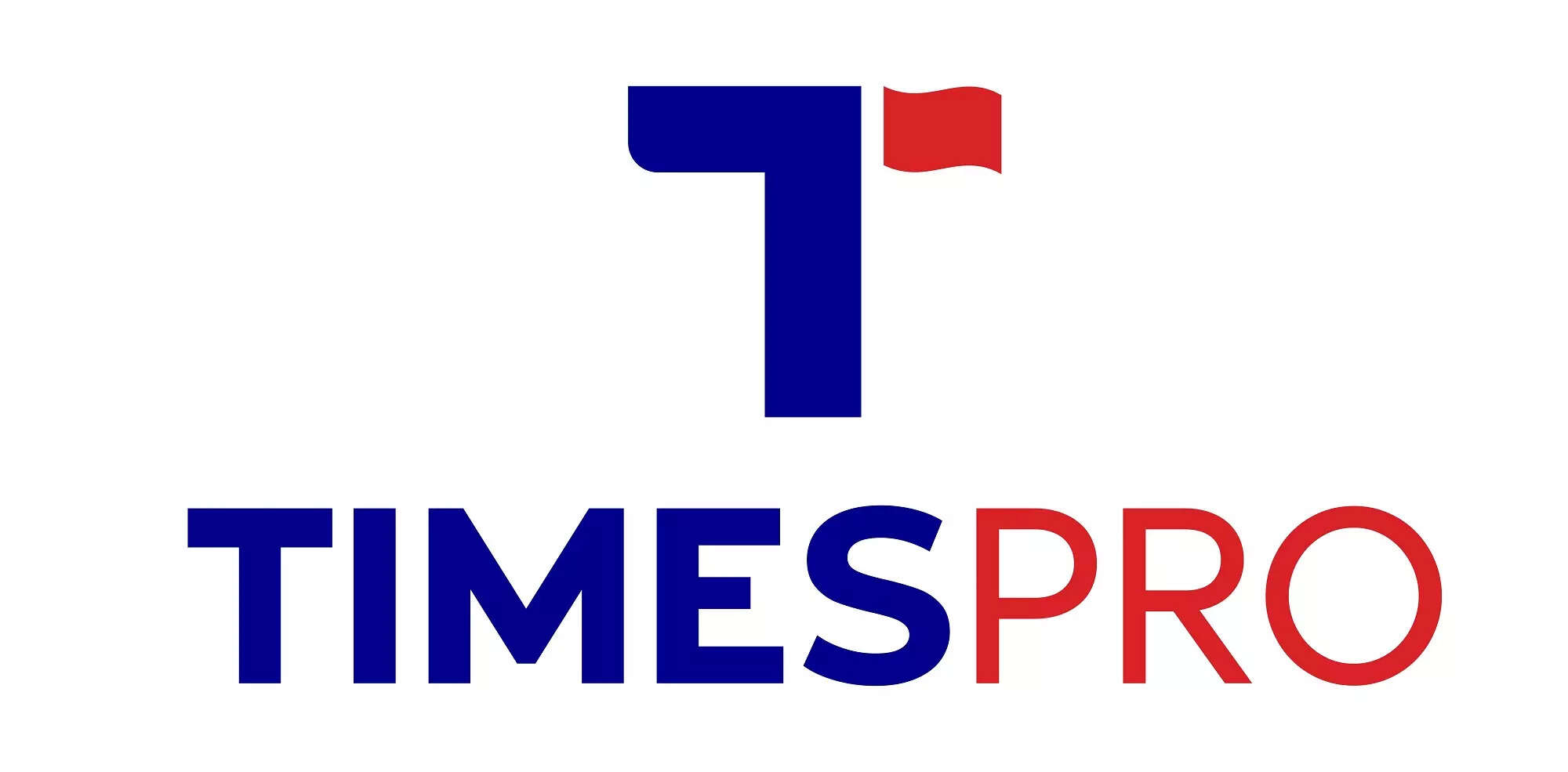Public vs. Private Blockchains: Choosing the Right Model for Your Business
Photo : iStock
In the fast-paced world of technology, blockchain has emerged as a revolutionary technology with the potential to transform various industries. Blockchain provides a secure and decentralised way of recording and verifying transactions, making it an attractive option for businesses looking to enhance security and efficiency. When considering incorporating blockchain into your business, one crucial decision is whether to opt for a public or private blockchain. This article will explore the differences between public and private blockchains and help you choose the right model for your business.
Understanding Public Blockchains
Public blockchains are open to participation by anyone and are not controlled by a single entity. They operate on a decentralized network of nodes, where every participant has access to the entire ledger’s transaction history. Bitcoin, the first and most well-known cryptocurrency, relies on a public blockchain
Advantages of Public Blockchains
1. Decentralization: Public blockchains distribute control among a wide network of participants, making them less vulnerable to manipulation or control by single entities.
2. Transparency: All transactions on a public blockchain are visible to anyone, promoting trust and accountability.
3. Security: Public blockchains use advanced cryptographic algorithms to secure transactions, ensuring immutability and tamper resistance.
Challenges of Public Blockchains
1. Scalability: As public blockchains grow, transaction verification and validation can become slower and more resource-intensive.
2. Privacy Concerns: Public blockchains reveal transaction details and wallet addresses, which may not be ideal for businesses dealing with sensitive information.
3. Governance: Public blockchains rely on consensus mechanisms to make decisions, often resulting in delays and potential conflicts.

Exploring Private Blockchains
Advantages of Private Blockchains
1. Controlled Participation: Private blockchains allow businesses to specify who can participate in the network, ensuring confidentiality and privacy.
2. Improved Efficiency: Since private blockchains have fewer participants, they can process transactions more quickly, making them suitable for high-frequency environments.
3. Enhanced Privacy: Private blockchains can mask transaction details, making them a better fit for businesses handling sensitive data.
Challenges of Private Blockchains
1. Centralization Concerns: Private blockchains rely on a central authority or validator nodes, which can raise concerns about single points of failure and potential manipulation.
2. Less Security: Private blockchains may not possess the same level of security as their public counterparts since they lack the collective power of a decentralized network.
3. Reduced Transparency: While privacy is a benefit, it comes at the cost of reduced transparency, which can be a concern for businesses requiring auditable and fully transparent transactions.
Choosing the Right Model for Your Business
Selecting the appropriate blockchain model for your business depends on various factors, including your industry, transaction volume, privacy requirements, and trust considerations. Here are some questions to help guide your decision-making process:
1. What level of control do you require? If your business demands complete control over network participants and decision-making, a private blockchain may be the better option. Conversely, if you value decentralization and transparency, a public blockchain could be the way to go.
2. How sensitive is your data? If your business deals with highly confidential information, such as healthcare records or trade secrets, a private blockchain’s enhanced privacy features may be crucial for compliance and security.
3. Do you require fast and efficient transactions? Private blockchains can process transactions more quickly due to their smaller network size, making them ideal for businesses that require high-speed and high-volume transactions.
4. Does your industry require regulatory compliance? Public blockchains may present challenges when it comes to regulatory compliance due to their open and transparent nature. Private blockchains, on the other hand, allow for more controlled and auditable transactions.
5. Are you willing to sacrifice some transparency for privacy? Public blockchains provide full transparency, while private blockchains offer enhanced privacy. Consider how much transparency your business needs and whether it aligns with the chosen blockchain model.
Ultimately, choosing between a public or private blockchain requires careful consideration of your specific business requirements, industry norms, and regulatory compliance needs. It’s vital to evaluate both the advantages and challenges of each model and determine which aligns best with your long-term goals and objectives.
Blockchain technology offers immense potential for businesses, but choosing between public and private blockchains can be a challenging decision. While public blockchains provide decentralization and transparency, private blockchains offer controlled participation and enhanced privacy. Consider factors such as data sensitivity, transaction speed, industry regulations, and desired level of control when making your decision. By weighing these factors carefully, you can select the blockchain model that aligns perfectly with your business goals and objectives, setting the stage for a successful implementation of this transformative technology.